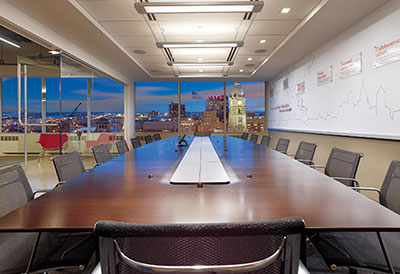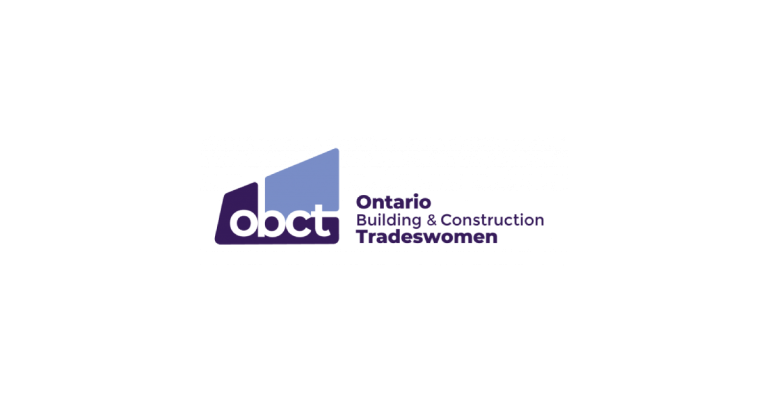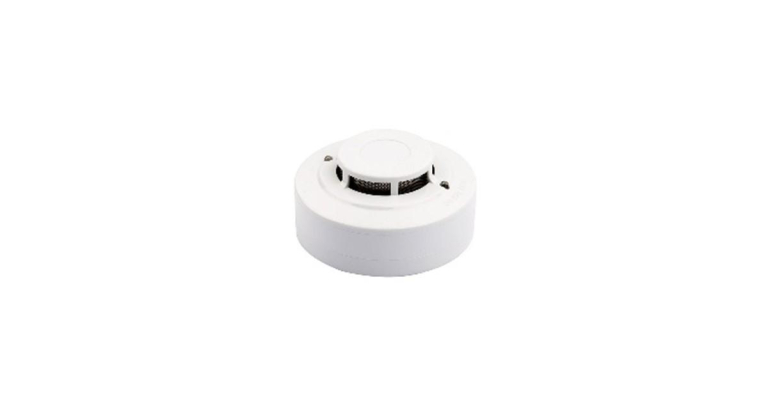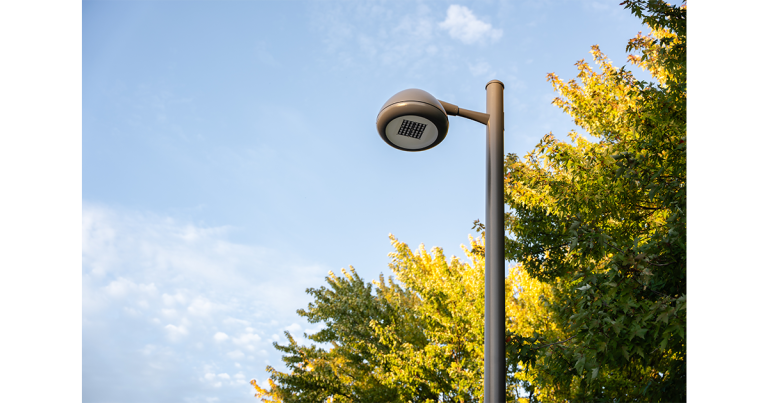Lighting as a Service

June 5, 2019
By Craig DiLouie
Lighting as a Service (LaaS) is an emerging and evolving business model in which the owner pays for light rather than the equipment that delivers it. The owner buys new lighting on a subscription basis over a multi-year term rather than as a significant one-time capital investment.
This allows the lighting upgrade to be accounted as an operating expense and paid for as a monthly fee that in turn is ideally less than the energy cost savings, generating instant positive cash flow.
LaaS addresses two major barriers to installing LED lighting in existing buildings: the initial cost of purchasing a new lighting system and fear that any technology installed today will be eclipsed by future tech.
As mentioned, the first barrier is addressed by paying for new lighting as a monthly fee offset by energy savings. The second is addressed by either including upgrades in the contract or replacing the old system at the contract end date without being tied to it.
By reducing risk and simplifying financing, having LaaS as an option can facilitate a lighting upgrade that might otherwise be delayed or not gain approval. It is well suited to adoption of more advanced, premium system options such as intelligent control, connectivity, and data collection considered an entry point to implementing Internet of Things capabilities. These benefits are driving adoption to what Navigant Research predicts may be a US$2.6 billion global market by 2026.
There are two notable disadvantages. First: the owner is tied to the contract and its terms while it’s in effect. Second: subscription programs typically impose a higher overall cost than if the owner paid a lump sum upfront.
LaaS has some similarities with other industry financing models, including leasing and performance contracting.
With leasing, the owner pays an ongoing fee for use of lighting equipment. The owner or a third party owns the lighting, there are no guarantees of energy savings, and additional services such as upgrades or maintenance may or may not be included in the contract.
With a performance contract, a third party such as an energy services company (ESCO) provides the lighting, which the owner pays for from energy savings. The contact may or may not include upgrades and maintenance.
As a relatively new and evolving financing model, LaaS approaches vary in the market, ranging from simple financing to financing-plus-turnkey services such as audit, design, installation, upgrades, maintenance, and even data collection and location-based services. A shift from financing-only to financing-plus-full service is a trend in LaaS, according to Navigant.
In one example, new LED lighting is provided by a third party on a subscription-based, three- to seven-year contract that includes maintenance and full warranty. In some cases, services such as control system onsite support and training may be packaged and sold without financing being included in the agreement, producing another variation.
Across the models, the owner may take ownership of the system at the end of the contract. Upgrades may occur during the contract, or the owner can upgrade to new tech at the end of the contract.
In the United States, LaaS players currently include Enlighted, Signify, Sparkfund, Stouch Lighting, UrbanVolt, and others.
Signify offers LaaS through its Managed Services program, which offers turnkey service with financing. The company is now looking into adding services related to humancentric lighting and data as demand grows with awareness of these trends.
Recently acquired by Siemens, Enlighted combines turnkey service with a financing approach (called GEO) in which the owner pays for the equipment out of shared energy cost savings and then takes ownership at the end of the contract. To further reduce owner risk, Enlighted guarantees a minimum level of savings.
LaaS may not be singularly transformative, but as a potentially strong trend, it may facilitate adoption of LED lighting, particularly intelligent lighting, by offering an option to defray upfront capital investment.
Craig DiLouie, LC, is Education Director for the Lighting Controls Association. Reprinted with permission of the Lighting Controls
Association, www.lightingcontrolsassociation.org

















